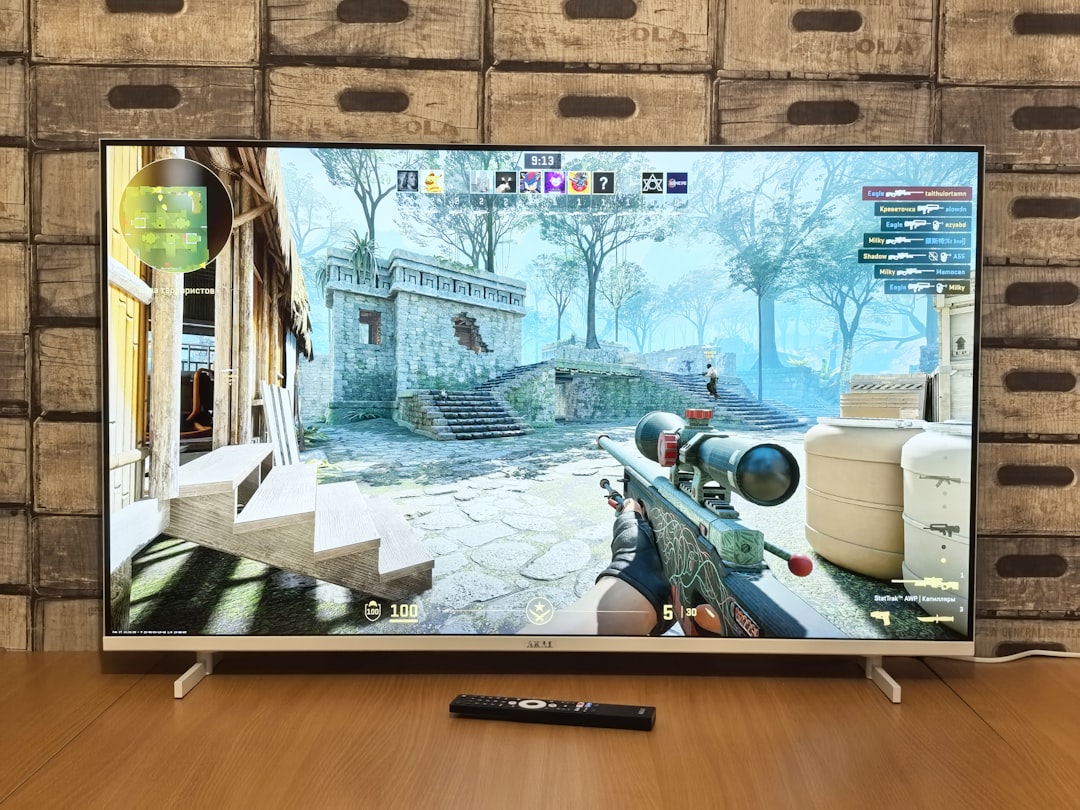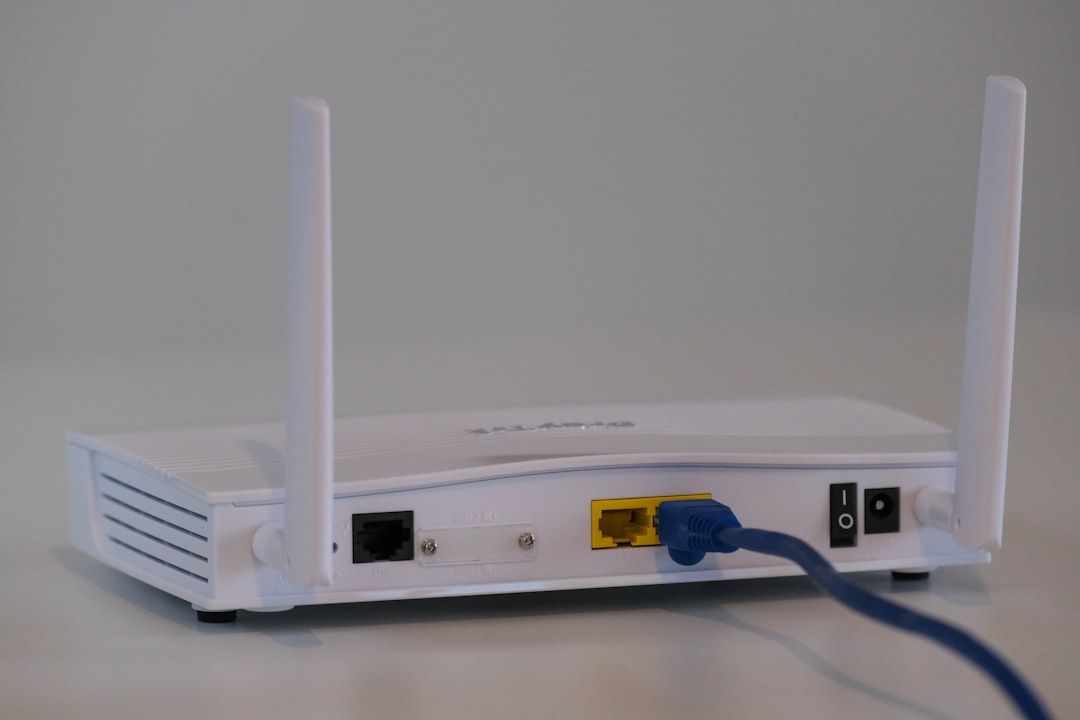Choosing a Virtual Private Network (VPN) service is one of the most critical decisions when it comes to online privacy. A popular U.S.-based VPN provider is making bold claims: a strict “zero logs” policy, unparalleled data protection, and commitment to user anonymity. But with increasing government surveillance, frequent subpoenas, and ever-changing privacy regulations, many users are asking a valid question — is this VPN provider truly private?
Let’s take a deeper look into what a “zero logs” policy entails, the unique challenges faced by U.S.-based VPN services, and what you should be aware of before entrusting your online activity to one.
The Claim: Zero Logs
The term “zero logs” typically means that the VPN provider does not store records of your connection timestamps, IP addresses, browsing history, or DNS queries. This is often a major selling point, promising that, even if compelled by court order, the provider will have no data to hand over.
Most VPN websites feature this claim prominently, reinforcing the idea that their service is bulletproof when it comes to protecting user data. The VPN provider in question insists:
- They store no logs of user activity.
- They do not track originating IP addresses.
- All servers are configured to operate in RAM disk mode, meaning data is lost when the server is rebooted.
This sounds reassuring, but words alone are not a guarantee. What matters is whether these claims are backed by independent audits, transparency reports, and legal history.

Why Jurisdiction Matters
The VPN provider being based in the United States is a critical factor. The U.S. is part of the Five Eyes intelligence-sharing alliance, alongside the UK, Canada, Australia, and New Zealand. These countries have agreed to share intelligence data and are known for collaborating on surveillance initiatives.
In the U.S., VPN companies may be legally compelled to log user information through National Security Letters (NSLs) or subpoenas. These documents often come with gag orders, leading the provider to silently cooperate with authorities
This raises an important consideration: in such scenarios, can the provider actually maintain a zero-logs policy? If their infrastructure does not collect or store any data, they can indeed claim compliance with such government orders while safeguarding user privacy — but this is only verifiable through external oversight.
The Importance of Independent Audits
Reputable VPN providers have begun commissioning third-party audits to verify their logging policies and system configurations. These audits are often conducted by cybersecurity firms that inspect server configurations, code, and data protection practices. A trustworthy VPN provider should:
- Publish results from regular annual audits.
- Make their privacy policy and security practices transparent.
- Offer a regularly updated transparency report outlining data requests from governments and the company’s responses.
At the time of writing, this U.S.-based VPN provider has only undergone a limited internal review and claims another audit is “currently in progress.” While this is a promising sign, until a full and public audit report is made available, users must weigh the risks involved.
User Practices Are Still Vital
Even with a true zero-logs VPN, users shouldn’t assume complete anonymity. VPNs hide your IP address and encrypt traffic, but they do not protect against:
- Cookies and trackers placed on websites
- Device fingerprinting
- Optional data shared through third-party services, such as Google or Facebook
To maximize privacy, users should adopt good security hygiene: use browser privacy extensions, disable third-party cookies, and avoid logging into identifiable accounts while connected to the VPN.

Conclusion: Should You Trust It?
A U.S.-based VPN provider that claims a zero-logs policy may still pose privacy risks simply due to its jurisdiction. While technical infrastructure such as RAM-only servers can enhance privacy, true trust comes from independent audits, transparent legal practices, and a proven history of resisting data requests.
If you prioritize online anonymity, you may want to consider VPNs based in privacy-friendly jurisdictions or those with a documented track record of audit transparency and legal resistance. Until full evidence surfaces, the answer to whether this U.S. VPN provider is truly private remains: possibly — but verify.
